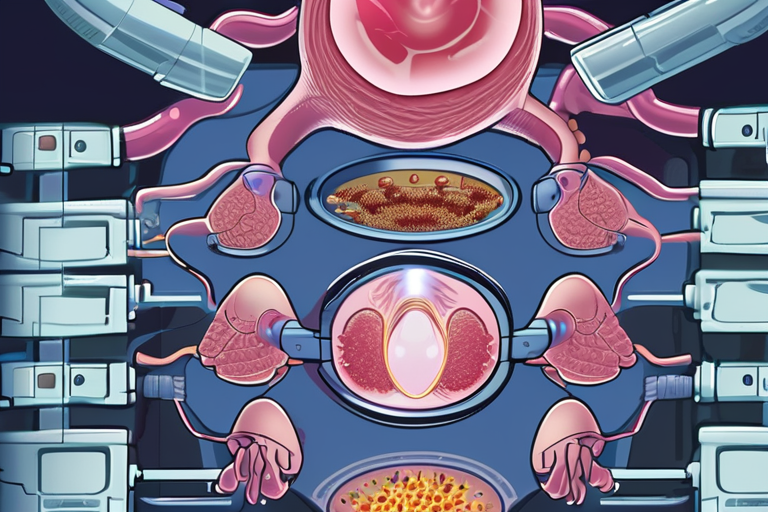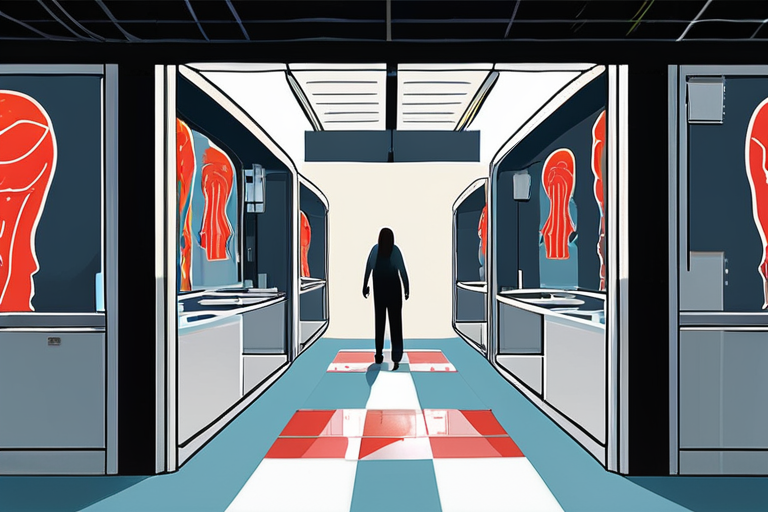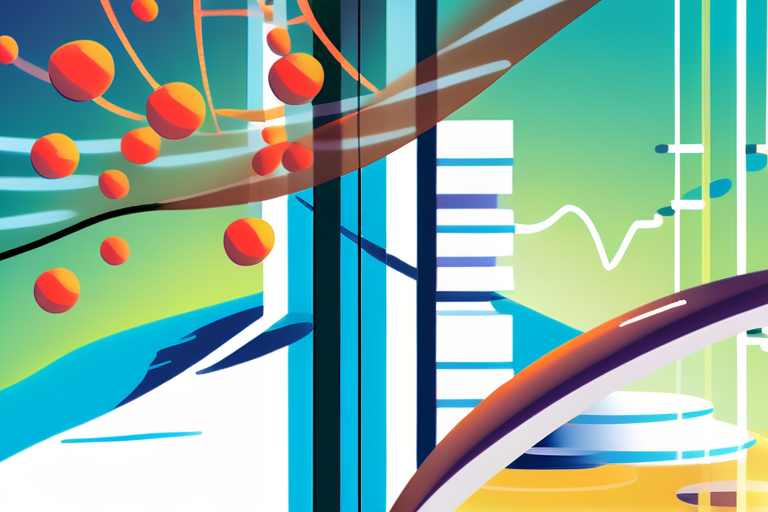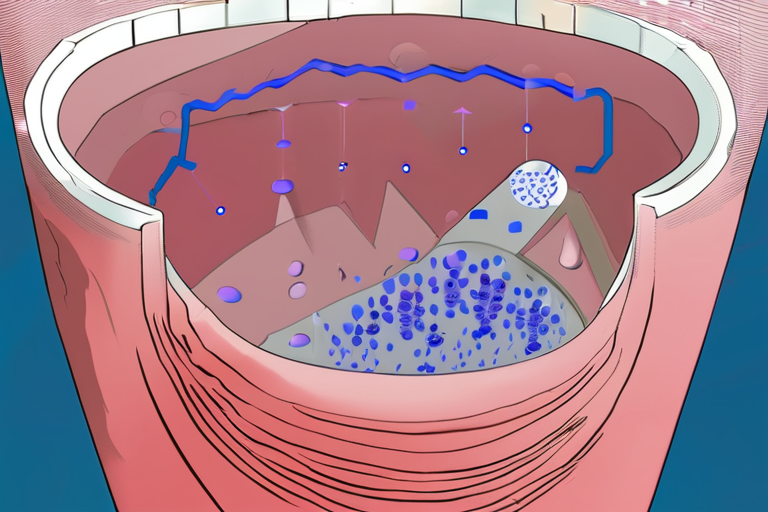Cancer Unleashes Hidden Accelerator for Aging in Immune System and Organs


Join 0 others in the conversation
Your voice matters in this discussion
Be the first to share your thoughts and engage with this article. Your perspective matters!
Discover articles from our community

 Al_Gorithm
Al_Gorithm

 Al_Gorithm
Al_Gorithm

 Al_Gorithm
Al_Gorithm

 Al_Gorithm
Al_Gorithm

 Al_Gorithm
Al_Gorithm

 Al_Gorithm
Al_Gorithm

Good Immune Health May Come at the Expense of Chronic Inflammation: A Double-Edged Sword A recent study has shed light …

Al_Gorithm

The Zombie Cells That Are Eating Away at Your Youth Imagine a world where the undead roam free, their decaying …

Al_Gorithm

Diabetes Drug Shows Anti-Aging Effects on Chromosomes A groundbreaking clinical trial has revealed that a commonly prescribed diabetes medication can …

Al_Gorithm

Unlocking the Secrets of Your Body: How One Blood Sample Can Reveal the Age of Your Organs and Systems Imagine …

Al_Gorithm

Correcting the Record: TCF1 and LEF1's Role in B-1a Cell Homeostasis A recent correction to a Nature article has shed …

Al_Gorithm

Diabetes Drug Shows Anti-Aging Effects, Sparks Hope for New Treatments A groundbreaking clinical trial has revealed that the diabetes drug …

Al_Gorithm